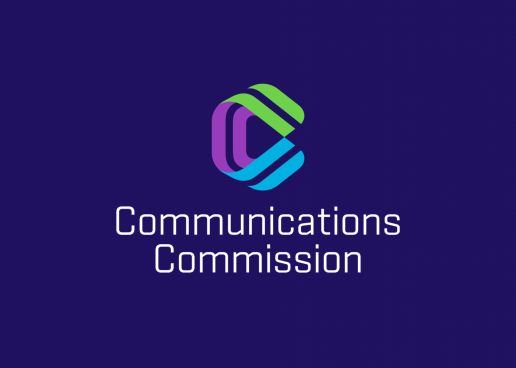ComCom Develops a Guide to Ensure Effective Enforcement of Legal Content Requirements for the Media

In order to properly and effectively implement the amendments to the Law of Georgia on Broadcasting of 1 April 2025, the Communications Commission published a guide for broadcasters on content requirements with regards to fairness, impartiality, due accuracy, right of reply, privacy, and coverage of emergency situations. The purpose of the guide is to make the views of the Communications Commission on the aforementioned issues, as well as ComCom's approaches in case of violation of the legislation, more predictable for broadcasters, which will help them conduct their activities properly and comply with the law.
Broadcasters are required by law to present news and factual information to viewers with due accuracy. They are also required to adhere to the standards of fairness and impartiality, to clearly distinguish between fact and opinion, and to avoid expressing their own position in news reports and political shows. The legislation also regulates issues such as the inviolability of private life, the use of covert methods by broadcasters to obtain and/or transmit information, coverage of armed conflict, accidents and/or other emergency situations, and protection of the rights of minors participating in TV programmes. Such legislation has been in effect in Europe for many years, and its compliance is overseen by media service regulators. Broadcasting in accordance with the aforementioned journalistic standards is critically important for protecting the rights of viewers.
It is worth noting that some of these issues were previously not regulated by the Law of Georgia on Broadcasting and were only defined by the Code of Conduct for Broadcasters. On 1 April 2025, amendments to the Law of Georgia on Broadcasting established a new rule for the implementation of these requirements. Prior to the amendments to the law, the majority of the substantive requirements were enforced only by the Broadcasting Self-Regulatory Body, whose decisions could not be appealed to a court, the Communications Commission, or any other administrative body. The amendments granted the Communications Commission the authority to legally respond to the above issues.
The guide serves to illustrate the vision of the media services regulator on the interpretation of legislation, and does not have binding legal force.
The aim of the Communications Commission is for the guide to assist broadcasters in properly fulfilling their obligations under the legislation.










